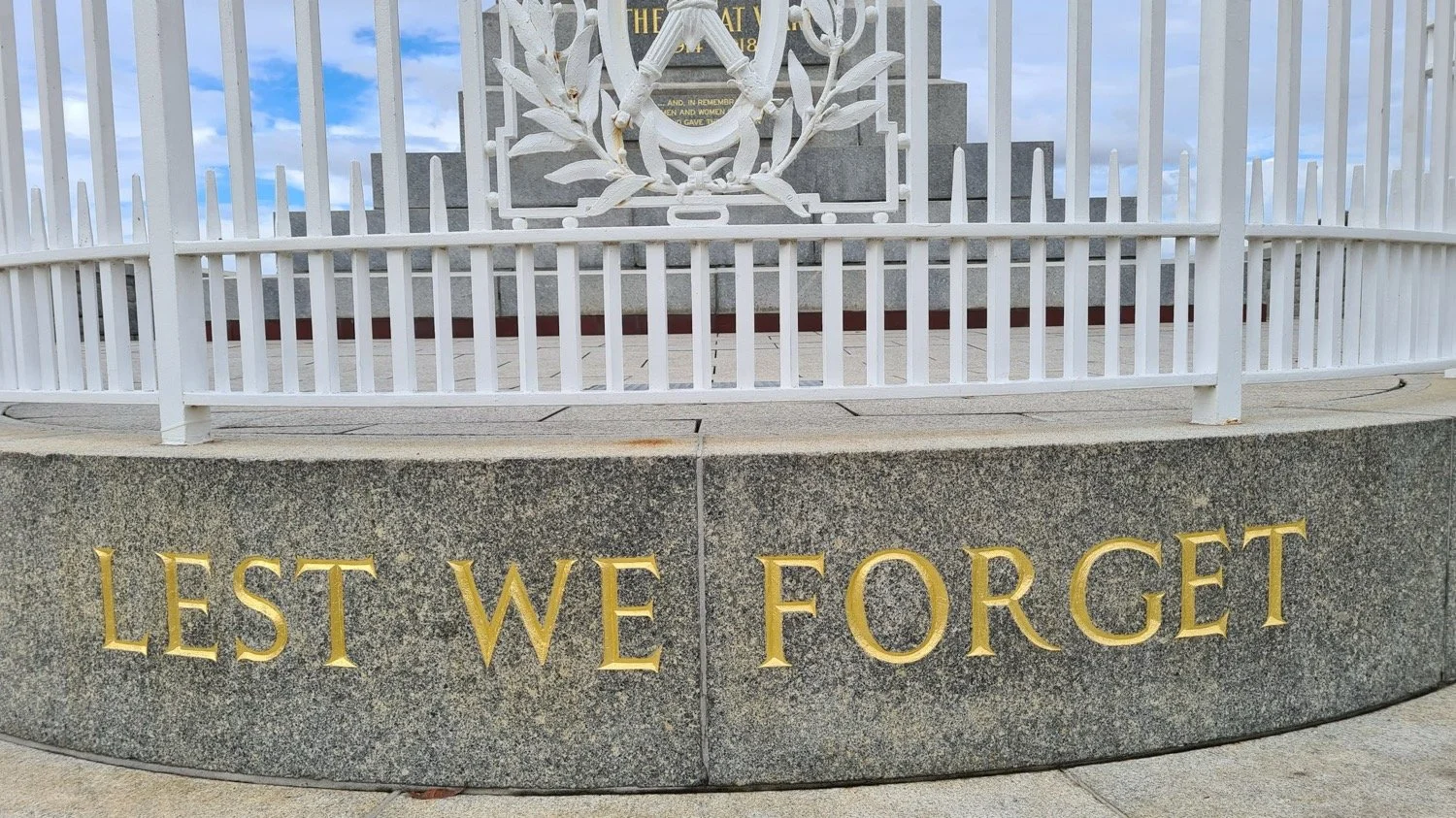Readings for the day: Matthew 10, 14, Mark 6:7-56, Luke 9:1-17, John 6
What does it mean to be a Christian? Over the years, I’ve heard a lot of answers to this question. Some think it means they raised their hand and prayed a prayer at some point in their life. Others believe it has to do with the fact they were baptized as an infant. Still others believe it means they go to church every Sunday and pay their tithe. Some of the people I’ve talked to see it as an inheritance. They were raised by Christian parents so they must be Christian. Others see it as a cultural designation. We live in a Christian nation so we are Christian by default. Like I said, lots of different answers to this all-important question...what does it mean to be a Christian?
Sadly, too many people refuse to look to the Bible for their answer. If they did, they would see Jesus offering a pretty clear definition for what it means to follow Him. First and foremost, you have to have what the ancients might have called “orthopathy” or the “right heart.” The people who experienced the miracle of the feeding of the five thousand did not chase Jesus around because they loved Him. No, they wanted their bellies filled again. (A big deal in a 1st century subsistence agricultural economy.) They followed Him for selfish reasons. They wanted their needs met. Their illnesses cured. Their diseases healed. Their wants satisfied. And that’s why Jesus tells them He is the bread of life. The food they are seeking is not temporal. Their needs are not just physical. They are spiritual and eternal and only the Christ can satisfy them but they must believe. They must have faith. This is what Jesus means when He talks about feasting on His body and drinking His blood and it was too much for some. They turned away. Even many of His disciples stopped following Him. Why? They did not believe. They did not trust. They could not accept the truth of what Jesus was teaching. They did not have the right heart.
The second thing we learn about following Jesus is that it takes “orthodoxy” or “right teaching.” Jesus is who He says He is! He gets to define Himself. He gets to reveal Himself. We don’t get to accept parts of Jesus and reject others. We don’t get to reduce Jesus down to our size. We don’t get to make Him comfortable or safe. Jesus is God. He is Lord over disease. Lord over death. Lord over sin. Lord over evil. Lord over this world and all that is in it. He casts out demons. He heals the sick. He messes with the atomic structure of bread and fish to feed five thousand people! He walks on water. He calms the wind and the waves. He is the bread of life. He is the manna from heaven. He alone has the words of eternal life. All of these different events may seem strung together randomly but they are not! They are designed to give the disciples. Give His followers. Give those who believe and trust in Him a true picture of Himself. Jesus wanted them to understand the true nature of His divinity. He wasn’t just another prophet or miracle-worker. He was God Himself. True Christians take Jesus at His Word. They accept Him for who He is. They do not try to replace Him with a Jesus of their own making. Right thinking about Jesus is essential for the Christian.
Finally, there is “orthopraxy” or right practice. True Christians live what they believe. Their works flow from a heart that is full of faith. The disciples believed and were given authority to go forth and proclaim the Kingdom of God. Preach a message of repentance. Heal the sick. Cast out unclean spirits. These are the “right practices” that should mark the life of every believer to a greater or lesser extent depending on where one is on their journey.
As Christians, we do not get to pick and choose. We do not get to claim a right heart and hold to a heretical theology. We do not get to claim a right theology and live a heretical life. We do not get to claim a righteous life and yet cling to a hardened heart. It’s an all or nothing deal. Now, are we perfect? Of course not. Is there room to grow in every Christian’s life? Absolutely. Is following Christ a journey? Complete with ups and downs? Doubts and fears? Successes and failures? Yes! Yes! And yes! But over the course of time. As days turn to weeks turn to months turn to years, we should be able to see the growth. Our hearts and minds and lives should reflect more and more of Jesus.




